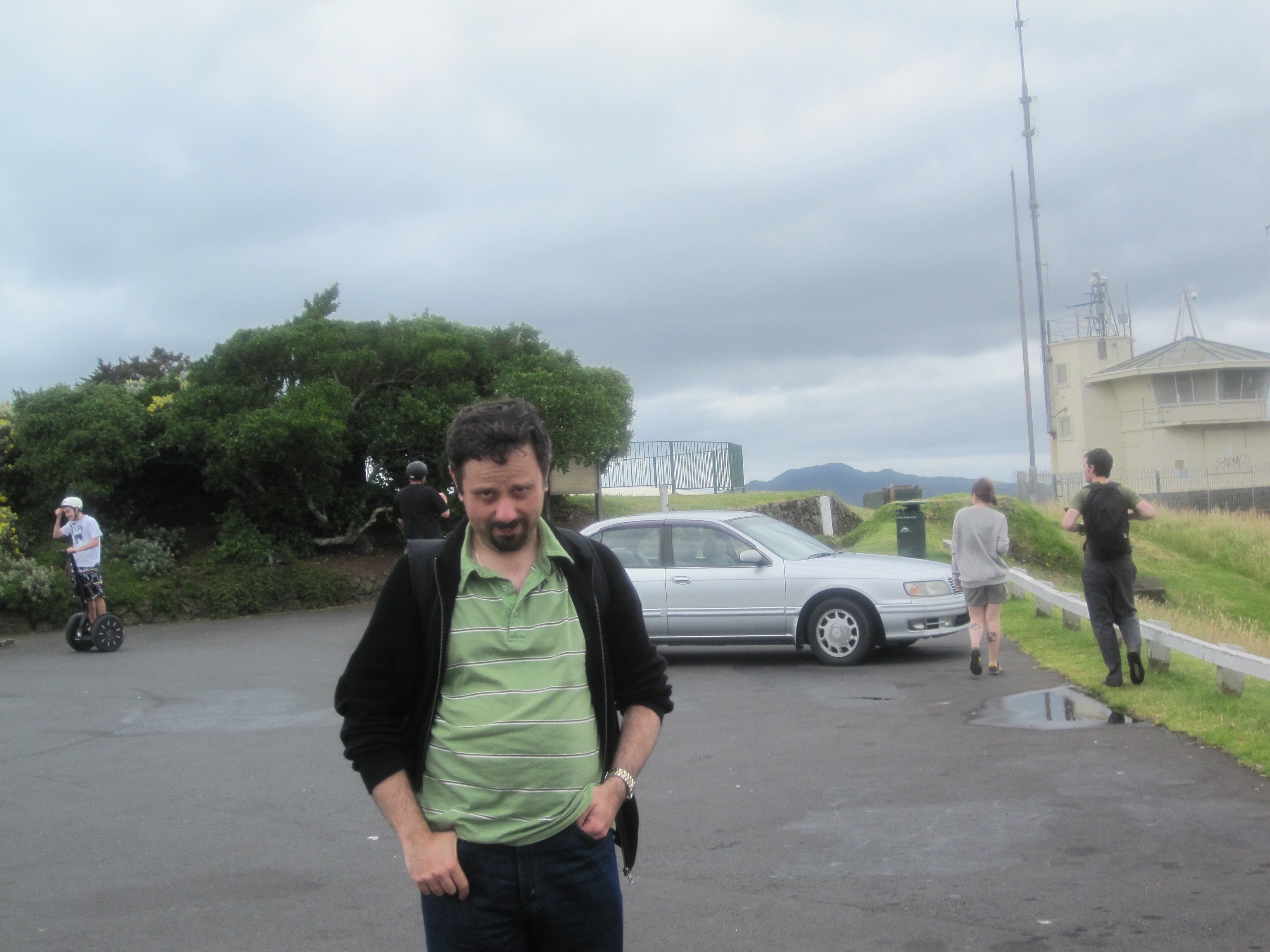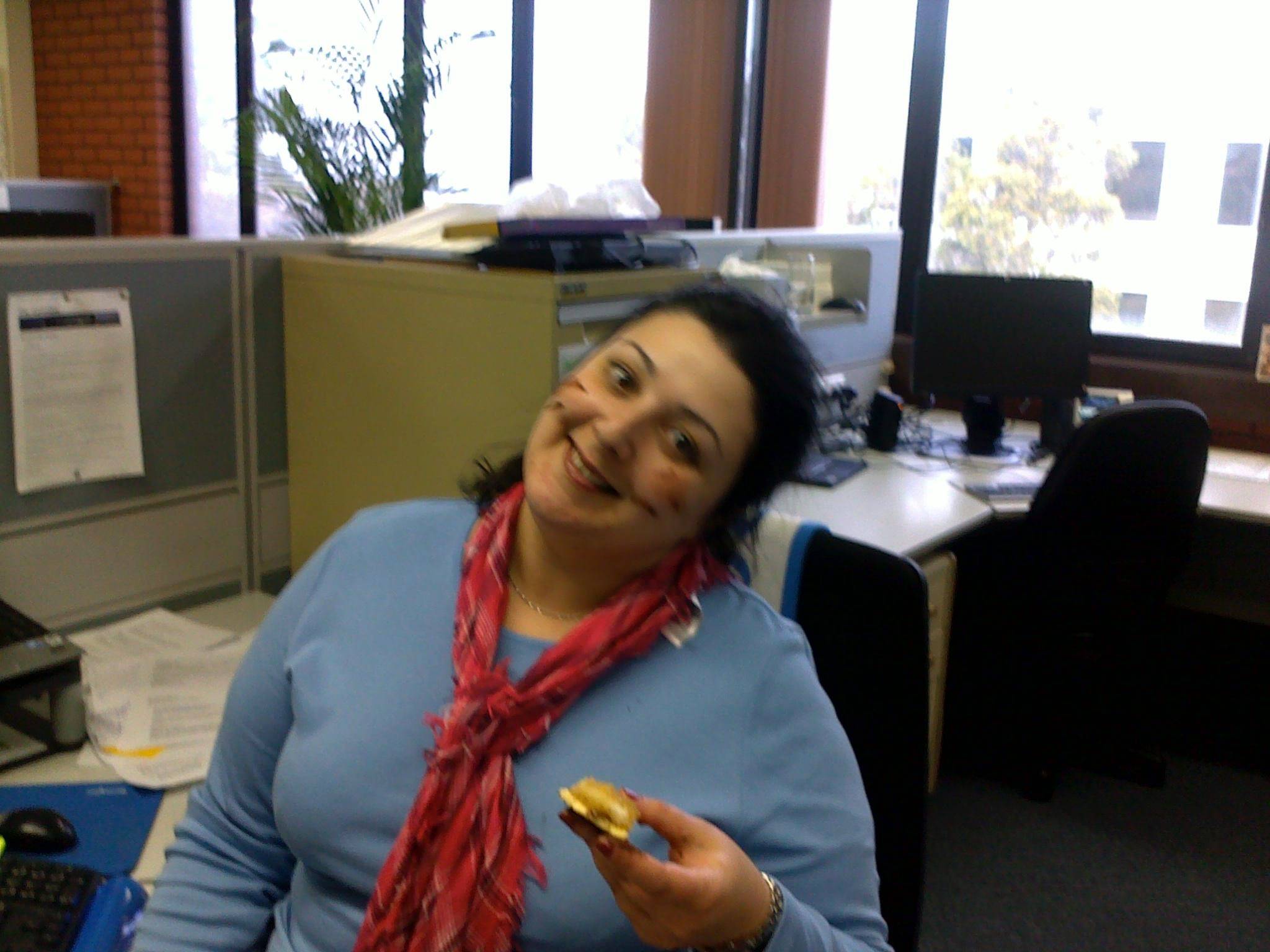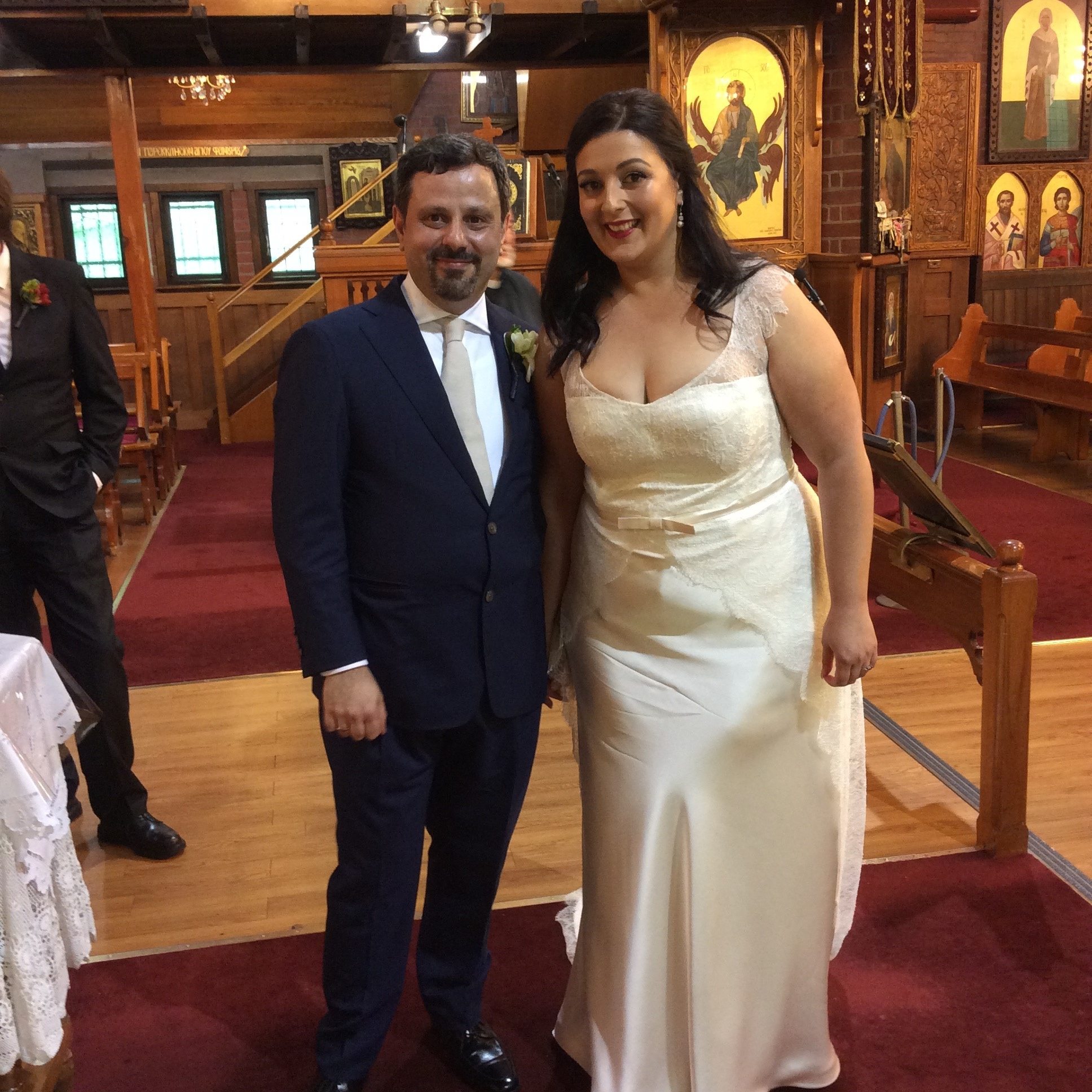I was in my first year of my PhD. It’s that time when you try sooooo hard to impress your supervisor. You are so eager to prove yourself. You are the first one to get into the lab and the last one to leave.
So, it’s my birthday and I’m not feeling all that well (PMS) but still I go to work early and start working but nothing works. I am preparing an SDS-gel for an electrophoresis and I break the glass plate. Try a second time, break a second one. You should know these were rather expensive back then. Finally, on the third try, I get it right, set up the equipment and plug in the power supply. Puff, it short circuits and dies. I am close to tears but I still want to run my gel. I take a second power supply, plug it to a different socket and puff! second power supply short circuits and the lights go out in the lab. A fuse or something burned. Now, I have to leave because I’m close to having a melt-down.
First, I have to report to my boss. He was a 65yo professor, very distinguished looking, tall, a bit on the heavy side , full mane of white hair. He had a reputation for being very strict. So, I go into his office and stand in front of his big desk literally shaking from suppressing my tears and tell him my story. He looks at me over his glasses for a moment, gives me a reassuring little smile and says: “Oh, dear! Why ever did you stay after breaking the second glass? Next time you’re having a day like this, tell me and i’ll give you the day off. Now run along and go home and forget about everything.”
I was so thankful, I could have kissed him.
P.S. His daughter was about 10 years older than me and I was about the 40th (and last) PhD student he had supervised.
https://www.quora.com/Whats-the-…
*Rummage rummage*
Why yes. I do think I have a picture of this incident…
Note if you will the evolution from Dimitra’s infancy hairstyle…




